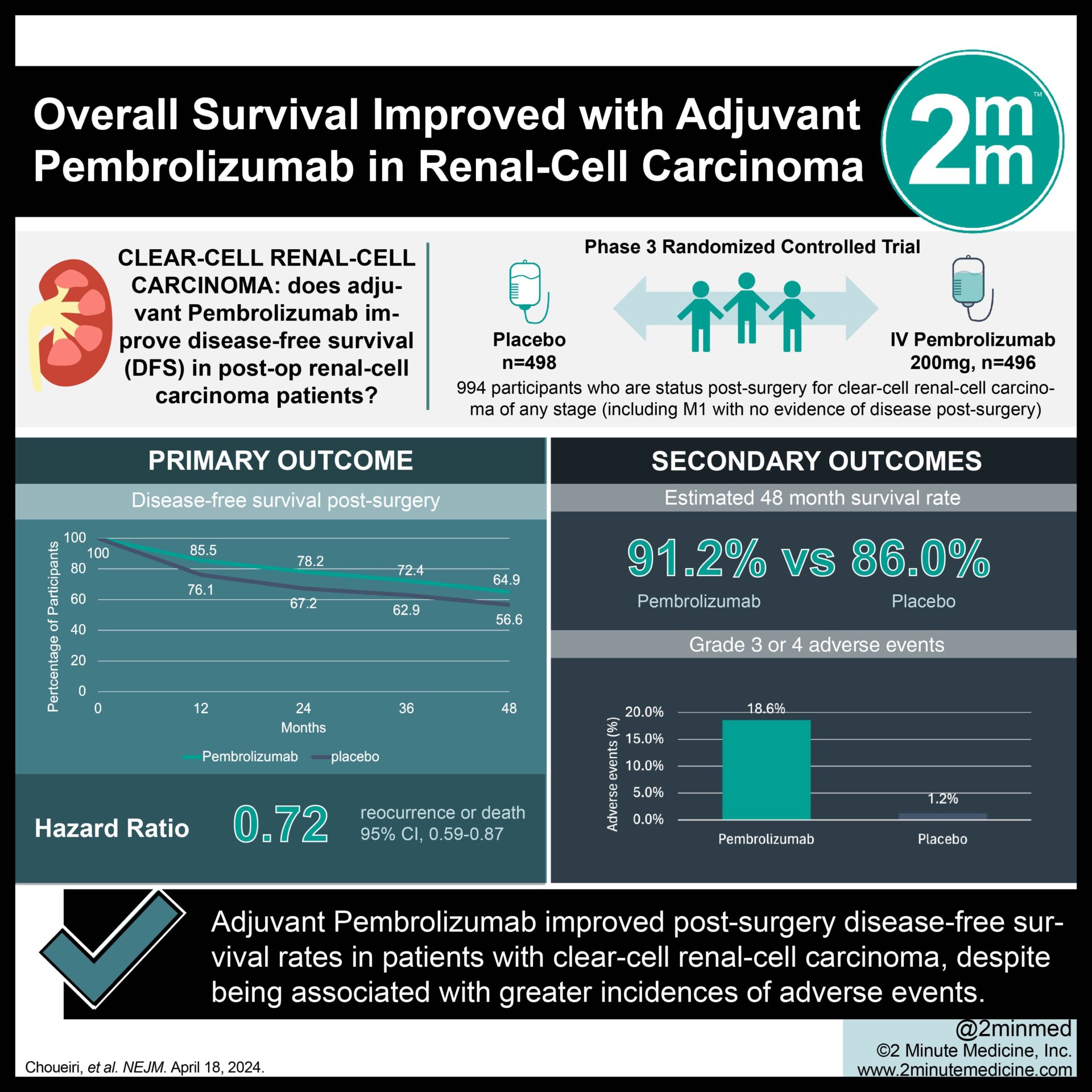Patients with brain cancer are at a high risk of developing venous thromboembolism (VTE) and are underrepresented in clinical trials. This study compared the risk of recurrent VTE (rVTE), major bleeding (MB), and clinically relevant non-major bleeding (CRNMB) among VTE cancer patients initiating apixaban, low molecular weight heparin (LMWH), or warfarin stratified by patients with brain vs other cancer types.
Active cancer patients initiating apixaban, LMWH, or warfarin within 30 days after VTE diagnosis were identified from 4 US commercial and the Medicare databases. Inverse probability of treatment weights (IPTW) was used to balance patient characteristics. Cox proportional hazards models were used to evaluate the interaction between brain cancer status and treatment on outcomes (rVTE, MB, and CRNMB), with a p-value <0.1 indicating a significant interaction.
Of 30,586 patients with active cancer (5 % had brain cancer), apixaban (vs. LMWH and warfarin) was associated with lower risk of rVTE, MB, and CRNMB. Generally, no significant interactions (P > 0.1) were found between brain cancer status and anticoagulant treatment across outcomes. The exception was MB for apixaban [vs LMWH (p-value for interaction = 0.091)] with a higher reduction among those with brain cancer (HR = 0.32) than those with (HR = 0.72) other cancer.
Among VTE patients with all types of cancer, apixaban (vs LMWH and warfarin) was associated with a lower risk of rVTE, MB, and CRNMB. In general, anticoagulant treatment effects were not significantly different between VTE patients with brain cancer and those with other cancer.
Copyright © 2023 The Authors. Published by Elsevier Ltd.. All rights reserved.















